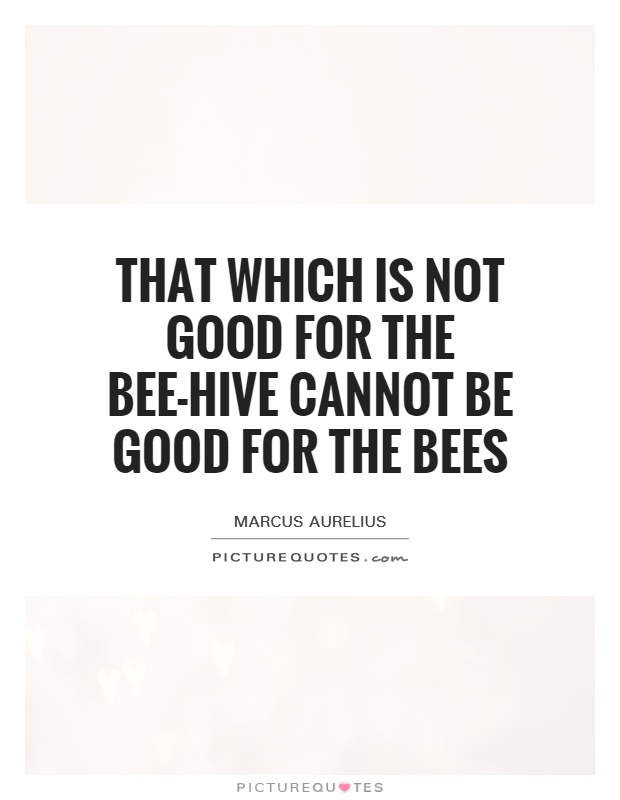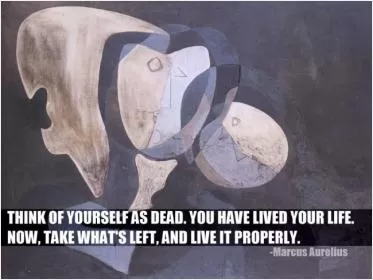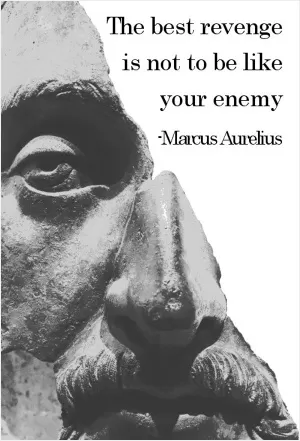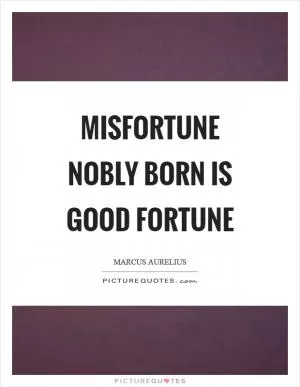That which is not good for the bee-hive cannot be good for the bees

That which is not good for the bee-hive cannot be good for the bees
Marcus Aurelius, the Roman Emperor and Stoic philosopher, believed in the interconnectedness of all things and the importance of living in harmony with nature. His quote, "That which is not good for the bee-hive cannot be good for the bees," reflects his understanding of the collective well-being of society and the individual's role within it.In the context of Marcus Aurelius, the bee-hive represents society as a whole, while the bees symbolize the individual members of that society. Just as bees work together for the common good of the hive, so too should individuals work together for the common good of society. If something is harmful to the hive, it will ultimately be harmful to the bees as well.
Aurelius believed that each person has a duty to contribute to the greater good and to live in accordance with nature. Just as bees instinctively work together to build and maintain their hive, so too should individuals work together to create a harmonious and just society. This requires selflessness, cooperation, and a commitment to the well-being of others.












 Friendship Quotes
Friendship Quotes Love Quotes
Love Quotes Life Quotes
Life Quotes Funny Quotes
Funny Quotes Motivational Quotes
Motivational Quotes Inspirational Quotes
Inspirational Quotes